
Violet Grey, Olivela And BeautyBeez Dish On Beauty Categories They’re Ramping Up
The pandemic changed consumer habits in some unusual ways. Few beauty industry insiders predicted fragrance, for instance, would take off as it has. Retailers have been adjusting to suit the transformed demand. For last Wednesday’s In Conversation webinar, Beauty Independent gathered buyers from three—Lauren Marmorale, associate buyer at Olivela, Lindsey Peterson, VP of merchandising at Violet Grey, and Brittney Ogike, owner of BeautyBeez, to discuss the customer behavior and category trends informing their curation decisions as well as what brands can do to support retail partners.
POST-COVID CONSUMER CHANGES
When the pandemic hit in the United States, brick-and-mortar closures sent shoppers flocking to multi-category online luxury merchandise destination Olivela. As a result, it registered triple-digit growth in 2020. Traffic continued to increase at a double-digit clip monthly in 2021, but beauty’s popularity waned as customers shifted their attention to the website’s apparel and jewelry. Olivela’s beauty assortment features the brands MZ Skin, Dr. Barbara Sturm, Chantecaille, and Eve Lom. “Beauty still ranks No. 2 for us, but overall business is slower within the category,” reported Marmorale.
With 2020’s customer activity swell over, Olivela’s retention has been struggling, a development Marmorale attributes to the e-tailer’s lack of promotions and crowding in the e-commerce environment. “Our repeat rate isn’t scary low it, but it’s definitely not in a healthy place. We haven’t had any promotions this year, not even a flash sale or a one-day only sale,” she said. “That’s definitely not working in our favor, but, when Olivela was founded, we did not want be a promotional site. I just honestly think that the competitive landscape is a bit oversaturated right now.”
Violet Grey experienced a substantial uptick in consumer engagement as the pandemic took root, and beauty categories such as skincare tools, candles and fragrance gained traction. In January, Farfetch announced it would acquire Violet Grey. “Candles really had a shining moment. People were more willing to invest in bespoke and luxury-driven fragrant candles where as before it might have been more of a gift for a friend or something just during holiday time,” said Peterson. “But we’ve seen our fragrance category absolutely boom, especially in the niche and more discovery fragrances.”
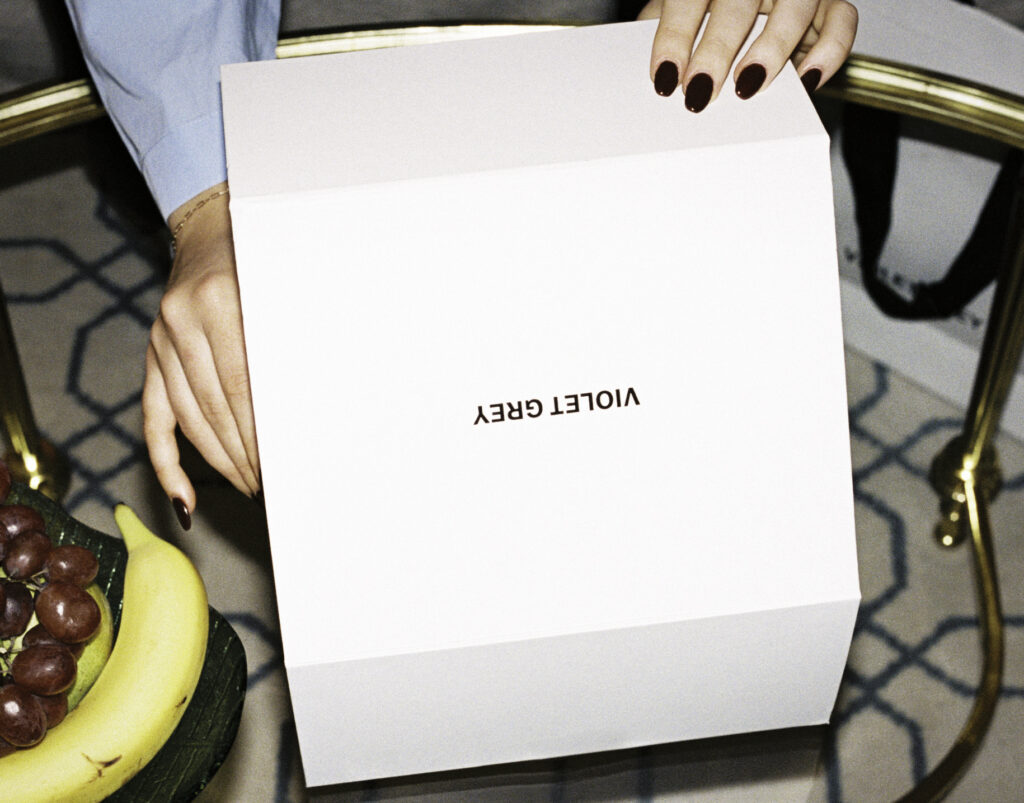
The categories have remained strong in 2022 for Violet Grey along with haircare, a hot category lately. Market research firm The NPD Group estimates that prestige hair sales jumped 47% in 2021 and forecasts it will notch double-digit revenue growth through 2024. Peterson said, “This is a category that I think a lot of beauty players were never super bullish in and now, with the shift into maintenance at home, haircare is something that we saw grow and that kind of stuck.”
Like Olivela, Violet Grey has stayed away from sales. Instead, it’s been competing on the appeal of its brand name and curatorial prowess. Brands aspiring to partner with Violet Grey must be vetted by a committee of celebrity aestheticians, makeup artists, nutritionists and hairstylists before being approved for its selection. Vintner’s Daughter, U Beauty, Jillian Dempsey, Crown Affair, Mutha and BeautyBio are among the brands that have gone through the process. “It reinforces the trust that we have in the industry,” said Peterson. “Once a customer comes back to us twice, we often have them for life.”
BeautyBeez opened its Los Angeles beauty supply store in August 2019. While the pandemic caused Ogike to shift its category focus from color cosmetics to haircare and skincare, it didn’t dampen traffic and engagement. “During COVID, our in-store versus online business was about 60/40, with 60% being store traffic and 40% being online. We were very grateful for the online traffic,” she said. “We spent a lot of money in customer acquisition costs just to get that number to 40%. Since COVID is now waning, we are not spending as much in customer acquisition, so now our business mix is more 90/10. We’ve just seen a huge growth in our in-store sales.”
BeautyBeez achieved double-digit growth in 2020. The following year, it accelerated to triple-digital growth, fueled by heightened foot traffic due at least partly to in-store braiding and facial treatment services. Its current bestselling categories center on hair. Braiding, hair extensions, weaves and wigs are particularly robust.
HAIRCARE AND SCALP CARE
Olivela is shaking up its beauty assortment. Niche players are expected to be forfeited in favor of well-established prestige beauty brands as the e-tailer cements its position in the crowded market. It’s honing in on the categories haircare, bath and body, and makeup.
“Our brand matrix within each of those categories needs some love. Hair loss and thinning hair were top searches on Google last year, so haircare is a major area of opportunity for Olivela moving forward,” said Marmorale. “Color cosmetics did really well for us in 2020. It was No. 2 in beauty, so we really need to bulk that category back up. With bath and body, I feel like people are looking at that category differently now as they are with their hair and really trying to take care of their skin all over.”
Peterson is concentrating on color cosmetics, fragrance, haircare and scalp care. She’s excited by the emergent category of scalp care, but cautions brands not to hop too quickly on trends not authentic to their DNA. “A lot of brands are launching new products around scalp because they’re trying to piggyback on this trend. A lot of them just don’t work,” she said. “You really need to make sure as a brand that not only are you making a product that works, but that you’re standing behind your brand vision. So, while we are looking for scalp care, we’re looking for brands that do it in an authentic way.”
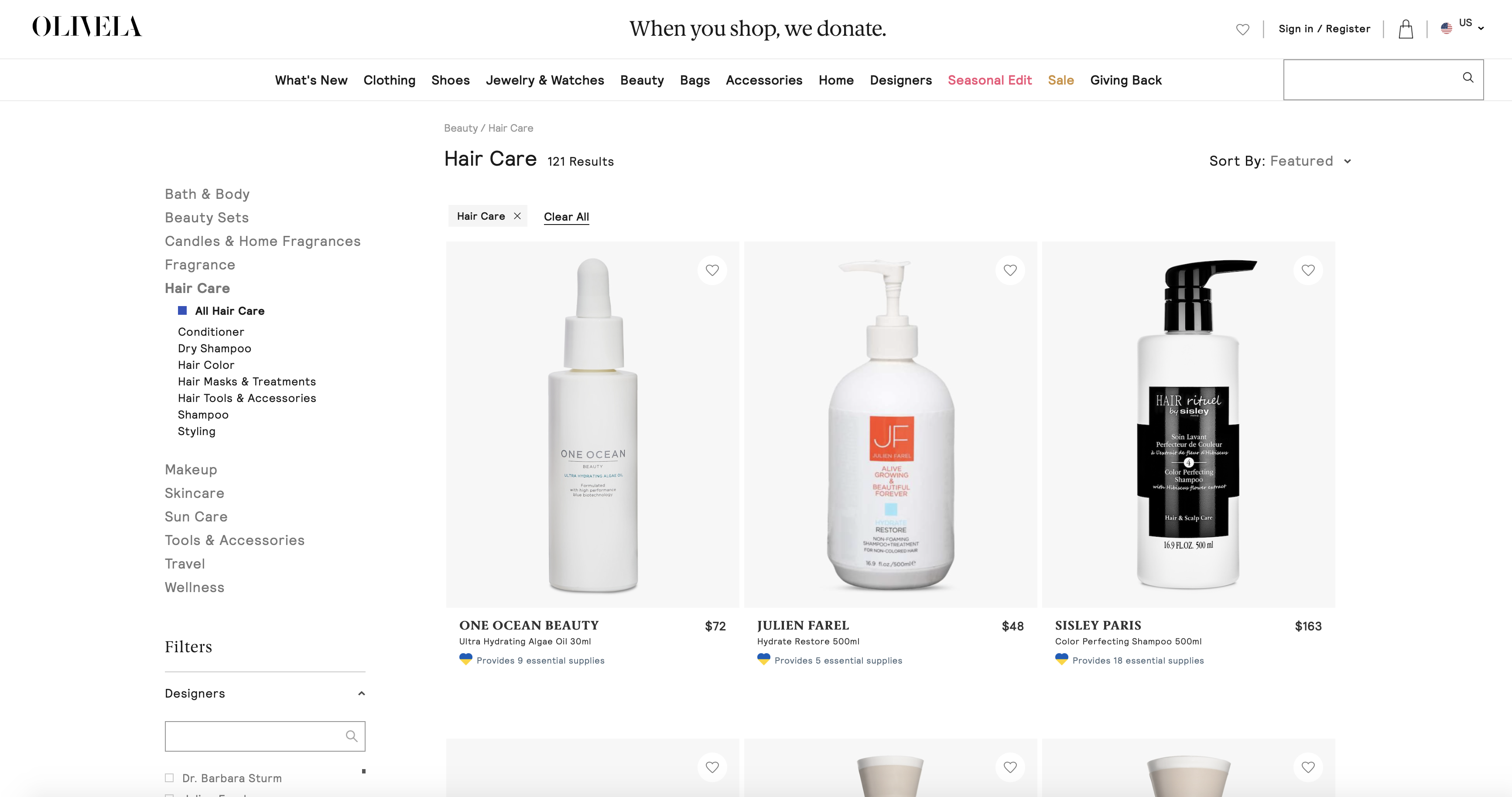
Wellness hasn’t historically been an integral category at Violet Grey, but it’s slowly venturing into it. In January, Violet Grey introduced a supplement category. Peterson said, “Our customer is getting younger by the day, and they are now looking to us for wellness.”
BeautyBeez aims to deepen its presence in scalp care, a category Ogike describes as “huge” for its customers. “I have scalp issues that I’ve suffered with my entire life, and I’ve tried hundreds of products that have never really worked,” she said. “So, I’m personally really excited about these new products. Our customers are really excited about just spending more time and attention on their scalp and addressing certain problems and issues that they’ve been having.”
Other categories of note for BeautyBeez include fragrance, candles and feminine wellness. “We kind of dabbled in feminine wellness right when we launched, and we couldn’t keep it on the shelf. We stocked brands like The Honey Pot,” said Ogike. “We’re looking to not only bring them in, but also source other brands because we think the category is definitely having a moment. Our demo is a little bit younger. They’re interested in feminine wellness products, and they’re buying them.”
THE ROLE OF SUSTAINABILITY
Olivela was founded in 2017 with a mission to give back. Twenty percent of each purchase made on the site is donated to charities assisting at-risk communities around the world. The e-tailer also has four mission pillars. One is sustainability, and Marmorale prefers to on-board brands committed to it. “It’s definitely a nice-to-have for us,” she said. “It leads into a storytelling moment between Olivela and the brand that we’re launching that we can highlight on social and email or within our Beauty Whisperer series that we have, which are dedicated beauty articles that are very editorialized.”
Sustainability isn’t necessarily top of mind for Violet Grey’s and BeautyBeez’s customers, who prioritize effectiveness over waste elimination. “Our demographic swings a little bit older for e-commerce, and I’m not sure that sustainability has always been the focus,” said Peterson. “That being said, we do have a lot of sustainably focused brands like makeup brands with refillable packaging. Kjaer Weis, in particular, has done a great job with that.”
Ogike said, “It’s a nice-to-have, but it doesn’t really factor into our customers’ thought process when considering a product. They’re more worried about efficacy. Does this product work? Is it harmful? What are the ingredients? We rarely get asked about sustainability.”
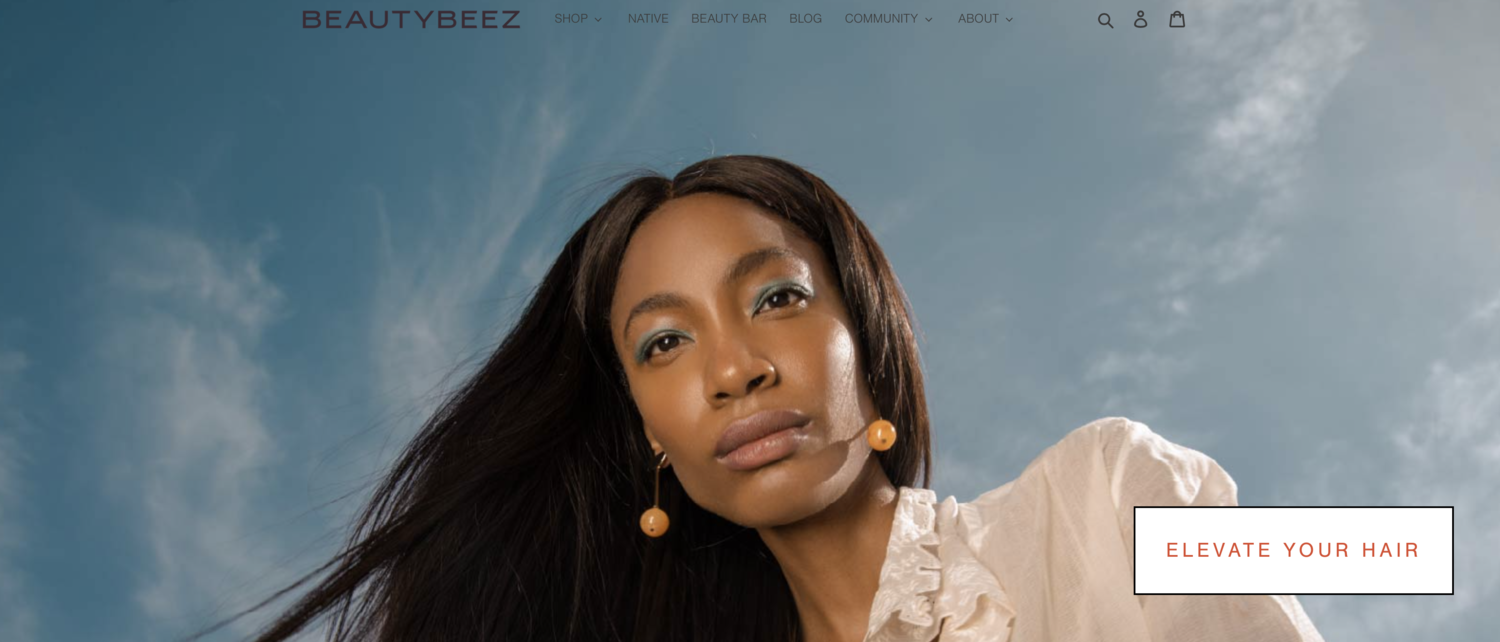
STRONG RETAIL PARTNERSHIPS
Marmorale emphasized brands have to invest in marketing assets to maximize their retail partnerships. Videos, images, editorials and gifts-with-purchase help retailers build brand awareness and credibility. Above everything, though, she pointed out samples drive results at Olivela. Customers can choose up to three free samples with beauty purchases at the e-tailer. “There’s an opportunity for them try it, decide if they like it and buy the full-size product,” said Marmorale. “I would definitely make sure that packaging is up to par, even with samples. It should be something you’d want to receive yourself.”
Retailers often seek exclusivity from brands to boost their value proposition. Brands opt for exclusivity to get more marketing support than non-exclusive brands. Peterson said, “It motivates us to put more behind the brand because they are putting a lot of trust in us.”
She underscored resources to educate retail staff enable brands to get as much from a retail partnership as possible. “When we see brands actively training our store employees, along with our customer service and copy team, it really helps to make the brand resonate internally,” said Peterson. “For example, we’re launching an email this week featuring staff picks and because our staff was trained by a particular brand. Now, they get an email feature.”
Ogike favors brands with resources for in-store events. BeautyBeez is currently ramping up events. “When we bring new brands on our roster, one of the things I like to tell them is that you’re our partner. You’re not just giving us your inventory and then walking away,” she said. “We really want to engage with you in store and online, at every touch point. So, we need to make sure that our brands have the capacity to do that, and physical events are a big component of that.”
Marmorale and Ogike suggested brands should invest in influencer marketing to amplify their retail visibility, but Marmorale cautioned gifting without guarantees can lead to nothing. “To be truly candid and transparent, I’ve only seen a return…holding the influencer accountable to posting,” said Marmorale. “A lot of the times we’ll gift, and we don’t see anything on social.”



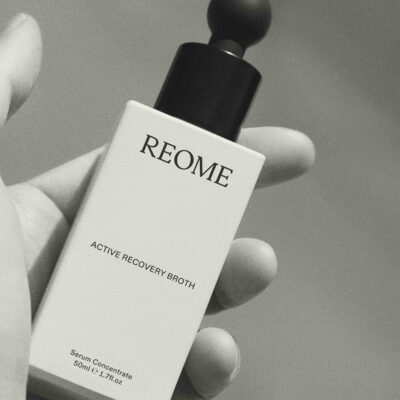
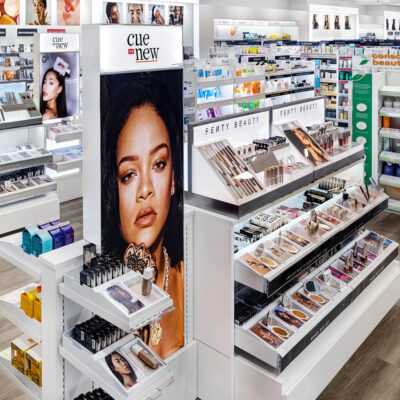
Leave a Reply
You must be logged in to post a comment.